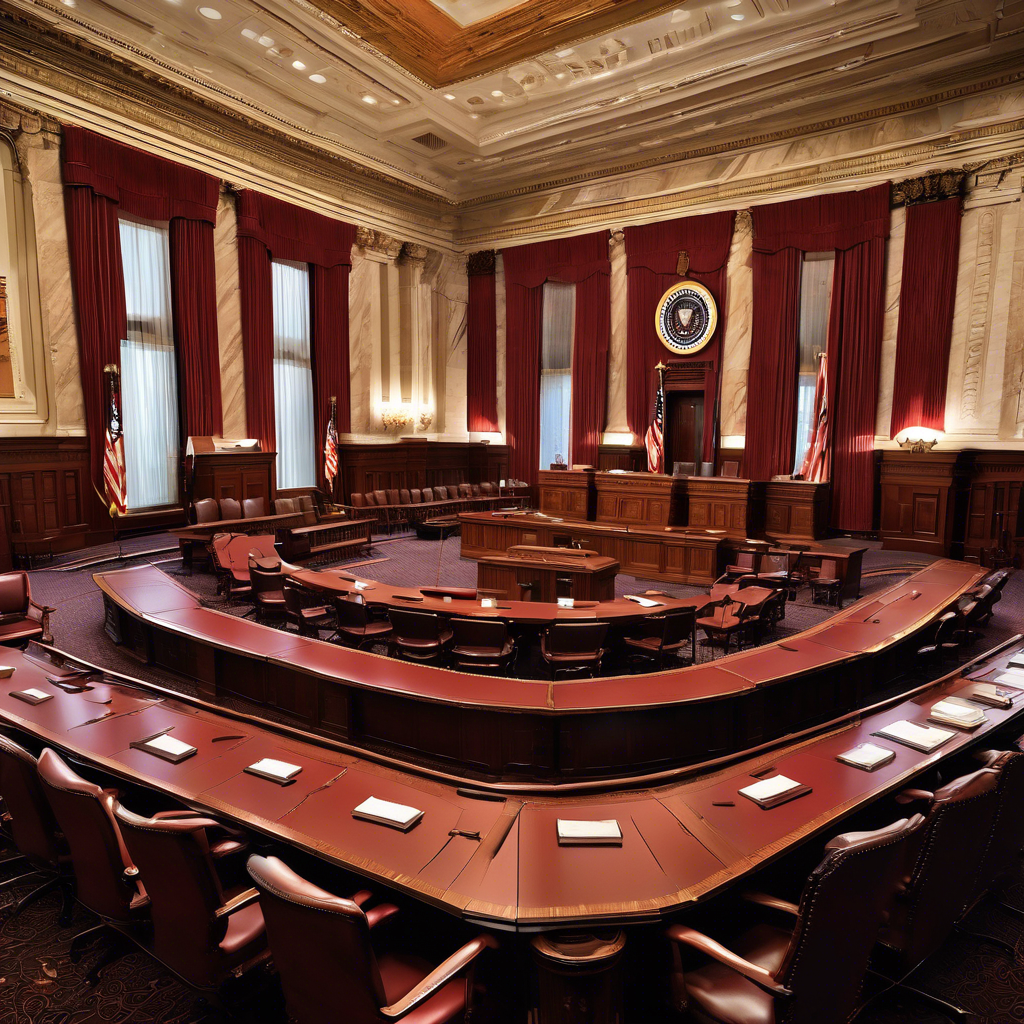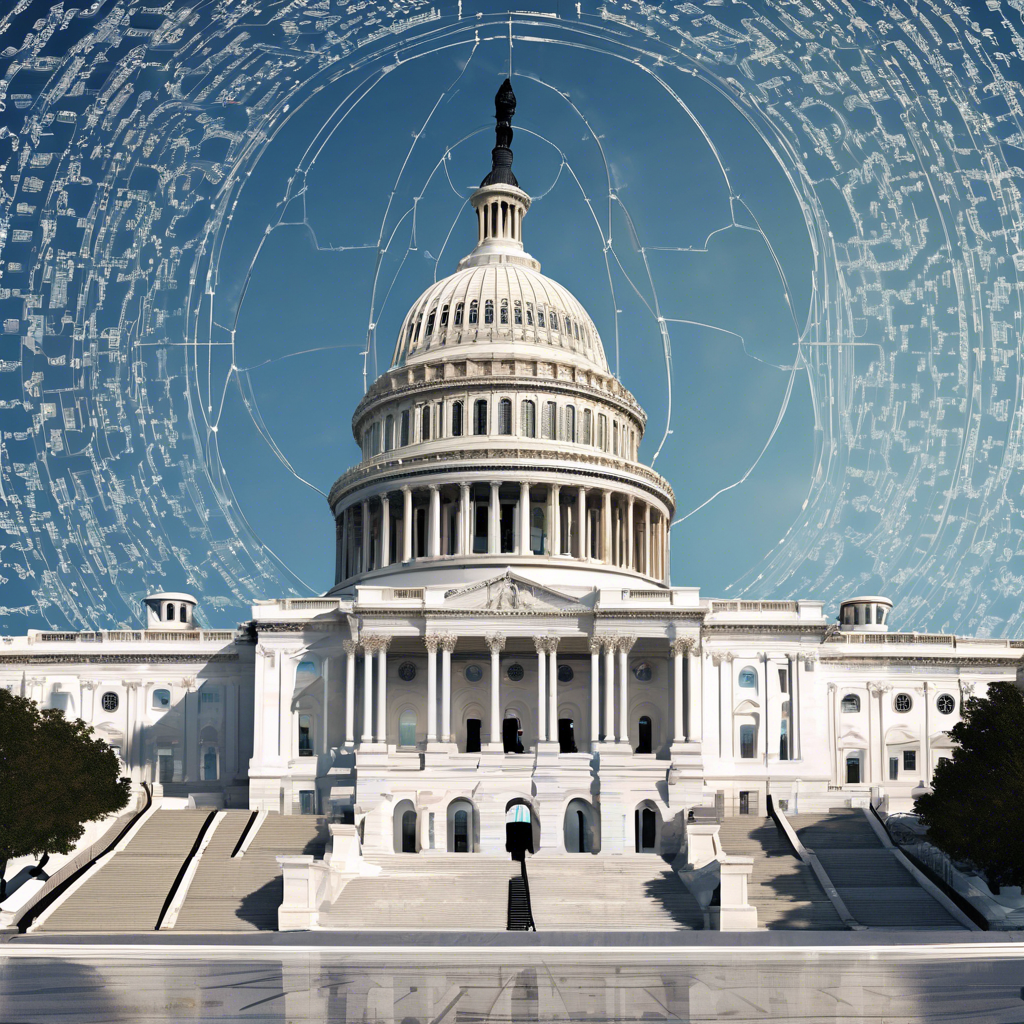U.S. Lawmakers Set to Establish Stablecoin Regulations by August 2025

U. S. lawmakers are poised to enact legislation that will establish rules for stablecoins and the overall structure of the cryptocurrency market as early as August, according to Kristin Smith, CEO of the Blockchain Association, who spoke at Blockworks’ 2025 Digital Asset Summit in New York. Smith's predictions align with earlier comments by Bo Hines, the executive director of the President’s Council of Advisers on Digital Assets, who stated on March 18 that he anticipates comprehensive stablecoin legislation in the near future. “I believe we’re nearing completion on those by August. . . a lot of work is currently being done behind the scenes, ” Smith remarked on March 19 during the Summit, where Cointelegraph was present. “I’m optimistic when you have the chairs of the relevant committees in both the House and Senate, along with the White House, eager to take action, and there’s bipartisan support in Congress to achieve it, ” she continued. Bipartisan Backing At the Digital Assets Summit on March 18, Democratic Congressman Ro Khanna expressed confidence that Congress “should be able to pass” both the stablecoin and cryptocurrency market structure bills in 2025. Khanna noted that around 70 to 80 Democrats view stablecoin legislation as vital for enhancing U. S. global influence by broadening access to dollars. “For the first time, these are tangible initiatives we can make progress on, but achieving this requires at least 7 Democratic votes in the Senate, ” Smith clarified, mentioning that “we already have 5 votes secured at the committee level. ” Recently, the Senate Banking Committee greenlit the GENIUS Act, an acronym for Guiding and Establishing National Innovation for U. S.
Stablecoins. This proposed legislation outlines collateralization requirements for stablecoin issuers and mandates adherence to Anti-Money Laundering (AML) regulations. In 2024, the House of Representatives passed the Financial Innovation and Technology for the 21st Century Act, known as FIT21, which lays foundational rules for crypto market structure. The bill must still receive Senate approval to become law. Crypto executives believe that clear regulations from the U. S. will provide greater advantages to the industry than even having a strategic Bitcoin reserve. On March 6, U. S. President Donald Trump signed an executive order establishing a U. S. Strategic Bitcoin Reserve and Digital Asset Stockpile, fulfilling a promise made during his 2024 campaign. “Markets are looking for a clear roadmap for innovation and well-defined guidelines on stablecoins, institutional adoption, and taxation, ” Max Giammario, CEO of Kindred, a Web3 artificial intelligence startup, stated to Cointelegraph in March.
Brief news summary
U.S. lawmakers are on track to advance stablecoin and cryptocurrency legislation by August, as highlighted by Kristin Smith, CEO of the Blockchain Association. Bo Hines from the President’s Council on Digital Assets expressed optimism about bipartisan support for key stablecoin regulations. At the recent Digital Assets Summit, Congressman Ro Khanna mentioned that 70 to 80 Democrats acknowledge the need for stablecoin legislation to enhance America’s global competitiveness. The Senate has passed the GENIUS Act, which sets standards for collateralization and anti-money laundering compliance, while the House approved the FIT21 Act, aimed at creating a structured framework for the cryptocurrency market. Supporters believe that clear regulations will bolster the U.S. cryptocurrency landscape. Additionally, former President Trump has proposed a U.S. Strategic Bitcoin Reserve as part of his campaign platform. Experts agree that clear guidelines on innovation and taxation are vital for attracting institutional investment in the cryptocurrency sector.
AI-powered Lead Generation in Social Media
and Search Engines
Let AI take control and automatically generate leads for you!

I'm your Content Manager, ready to handle your first test assignment
Learn how AI can help your business.
Let’s talk!
Hot news

Senate Strikes AI Provision from GOP Bill After U…
On July 1, 2025, the U.S. Senate overwhelmingly voted 99 to 1 to remove a controversial provision from President Donald Trump's legislative package that sought a nationwide moratorium on state-level AI regulation.

Tokenizing Stocks: A New Frontier in Blockchain I…
Coinbase, a leading cryptocurrency exchange, has taken a major step toward reshaping traditional stock trading by seeking approval from the U.S. Securities and Exchange Commission (SEC) to offer tokenized equities.

Robinhood Launches Stock Tokenization, Layer 2 Bl…
On Monday, Robinhood announced the launch of tokens enabling its customers in the European Union to trade over 200 U.S. stocks and exchange-traded funds (ETFs), including popular names like Nvidia, Apple, and Microsoft.

Apple Weighs Using Anthropic or OpenAI to Power S…
Apple is exploring the integration of artificial intelligence technologies developed by Anthropic or OpenAI to enhance Siri, marking a significant shift from its traditional reliance on proprietary AI models.

Europe's AI Gigafactory Initiative Attracts 76 Bi…
The European Union has seen a remarkable surge of interest in its ambitious plan to establish AI gigafactories, reflecting Europe’s growing dedication to advancing artificial intelligence technology.

Arbitrum’s ARB Token Surges 20% on Robinhood Bloc…
Arbitrum’s ARB token saw a notable surge, rising nearly 20% within 48 hours.

U.S. Senate Debates Federal Moratorium on State-L…
The U.S. Senate is debating a revised proposal to impose a five-year federal moratorium on state-level artificial intelligence (AI) regulations amid concerns about AI’s rapid development and its impacts on privacy, safety, and intellectual property.

 Auto-Filling SEO Website as a Gift
Auto-Filling SEO Website as a Gift








 Auto-Filling SEO Website as a Gift
Auto-Filling SEO Website as a Gift

